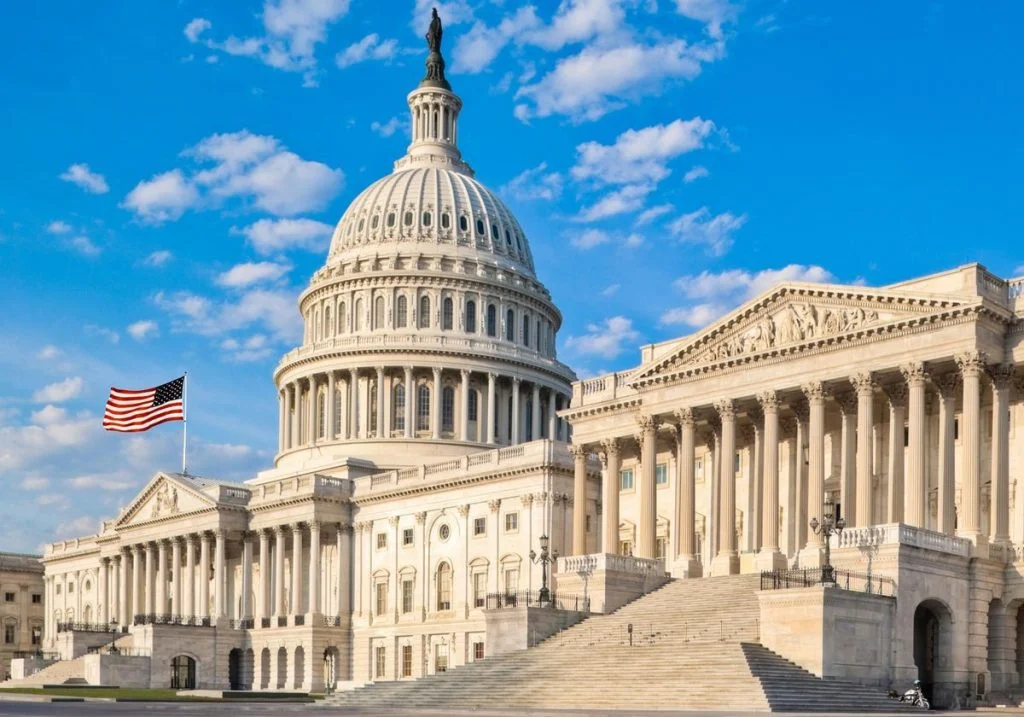As a last-minute addition to the infrastructure deal, US Senators impose crypto taxes to raise $28B in order to fund a portion of the deal.

U.S. lawmakers believe they can find $28 billion worth of infrastructure funding by expanding taxation on crypto transactions.
Senators proposed expanding bitcoin taxation as a last-minute addition to the bipartisan infrastructure package in the United States Senate, raising an additional $28 billion in income.
The proposal would impose stricter regulations on enterprises that deal in cryptocurrency, increase broker reporting requirements, and demand the reporting of digital asset transactions worth more than $10,000 to the Internal Revenue Service.
Senator Rob Portman of Ohio, the chief Republican on the infrastructure committee, said that Congress has long been concerned about crypto reporting and taxes requirements:
“Everybody’s been talking about the appropriate way to provide more reporting in particular and that leads to better compliance.”
Following weeks of back-and-forth between Republicans and Democrats, the crypto provisions were hurriedly included to the pact on July 28.
The proceeds from the new crypto taxes will go toward a $550 billion investment in transportation and energy infrastructure.
The digital asset industry is already pushing back against the idea, with Kristin Smith, executive director of the Blockchain Association, claiming that many of the companies that would be affected by the new legislation lack the capacity to collect the essential data.
She described the proposed measures as “hugely problematic” and said, “We’re pressing every lever right now to change it.”
The suggestion comes at a time when crypto-assets are being scrutinized by regulators in the United States.
Acting Comptroller of the Currency Michael Hsu announced on July 27 that officials are looking into the commercial paper reserves that underpin the leading stablecoin, Tether (USDT).
Tether has been chastised for its opacity in its reserves and for failing to deliver promised audits for nearly a decade. USDT is 49.6 percent backed by “commercial paper,” according to a breakdown of the firm’s reserves released in May.
On the same day, law professor Angela Walch urged for more oversight of the mining industry during a hearing before the U.S. Senate Committee on Banking, Housing, and Urban Affairs on cryptocurrency.
Walch cited the ability of miners to command blockchain transactions and siphon Miner Extractable Value (MEV) as major vulnerabilities that have escaped lawmakers’ notice.
During a meeting of the President’s Working Group on Financial Markets on July 19, US Treasury Secretary Janet Yellen pushed for more regulation of stablecoins and stable token producers. In the next months, the committee hopes to release proposed stablecoin laws.
